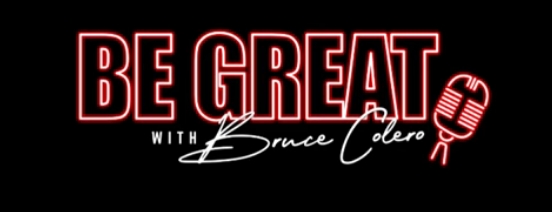Following Rubio’s comments, the Kremlin said it was committed resolving the conflict and open to dialogue.
U.S. President Donald Trump will drop efforts to clinch a peace agreement between Russia and Ukraine in the absence of any clear signs of progress, U.S. Secretary of State Marco Rubio has said.
“We’re not going to continue with this endeavor for weeks and months on end,” Rubio told reporters in Paris on Friday after meeting with European and Ukrainian leaders.
“We need to determine very quickly now—and I’m talking about a matter of days—whether or not this is doable in the next few weeks,” he added.
Rubio’s comments reflect mounting U.S. frustration with the lack of progress in securing a peace deal—something Trump had pledged to do soon after returning to office in January.
“If it’s not possible—if we’re so far apart that this is not going to happen—then I think the president is probably at a point where he’s going to say, ‘Well, we’re done,’” Rubio said.
In an effort to push both sides to the negotiating table, Trump has threatened to impose tougher sanctions on Russia and end further U.S. military support for Ukraine.
Kremlin spokesman Dmitry Peskov said on Friday that diplomatic contacts were “quite complicated, because, naturally, the topic is not an easy one.”
“Russia is committed to resolving this conflict, ensuring its own interests, and is open to dialogue,” he added.
“We continue to do this.”
Despite a flurry of recent diplomatic activity, Russian Foreign Minister Sergey Lavrov said this week that it was “not easy to agree” on what he called “key components” of a peace settlement.
Speaking to the Russian press on April 14, Lavrov confirmed that Moscow and Washington had yet to agree on even the basic parameters of a ceasefire deal.
Nevertheless, he added, “They are being discussed.”
Moscow’s terms for ending the three-year-old war include recognition of its sovereignty over four Ukrainian regions that it invaded in 2022 and currently views as Russian territory.
Russia also demands the withdrawal of all Ukrainian forces from these regions, along with iron-clad guarantees that Ukraine will never join the Western NATO alliance.
But Kyiv and several European capitals, along with some Trump administration officials, say Moscow’s demands are unacceptable and would amount to Ukraine’s de facto capitulation.
‘Matter of Days’
Last month in Saudi Arabia, U.S. officials held separate talks with their Russian and Ukrainian counterparts, who agreed to a limited truce aimed at ending hostilities in the Black Sea.
The Kremlin, however, later added several conditions to the prospective truce, which Rubio said U.S. officials would “evaluate.”
Results of that evaluation, however, remain unclear.
During the talks in Saudi Arabia, Moscow and Kyiv also pledged to abide by a 30-day U.S.-brokered moratorium on attacking each other’s energy facilities.
Since then, however, both sides have accused each other of repeatedly breaching the moratorium, casting doubts on the efficacy of U.S. peacemaking efforts.
After holding “constructive” talks in Paris with European and Ukrainian leaders, Rubio said he had spoken to Lavrov and briefed him on “elements” of the U.S. peace framework.
According to Rubio, European capitals would play a central role in any peace deal, because their sanctions on Russia—over which Washington has no control—would likely need to be lifted to secure an agreement.
“There’s no one saying this [a peace deal] can be done in 12 hours,” Rubio told reporters in Paris.
“We need to figure out here and now—within a matter of days—whether this is doable in the short term,” he added.
“Because if it’s not, then I think we’re just going to move on.”
The Kremlin, meanwhile, has yet to comment on those remarks.
Reuters contributed to this report.







